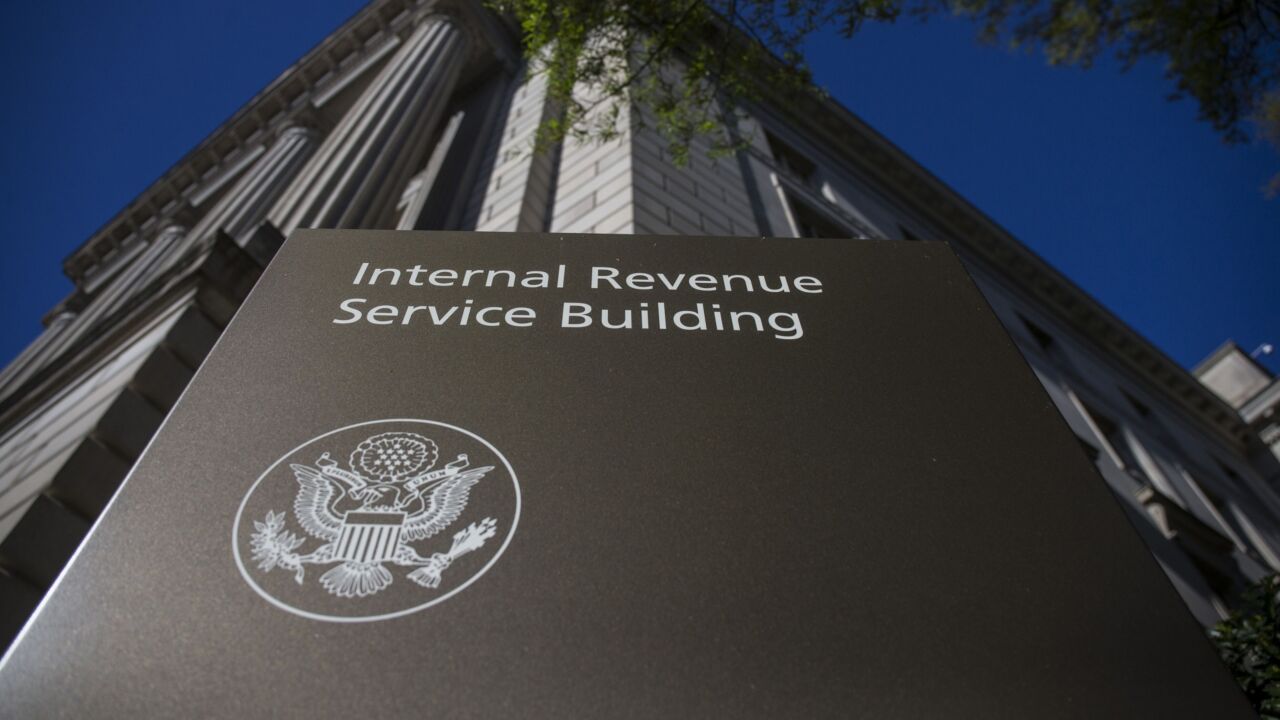When a municipal government loses the ability to appoint its own auditor, and is instead assigned one at random, financial performance tends to improve.
This is the conclusion of a
What they found was that municipalities assigned random, versus appointed, auditors significantly improved net surpluses and debt repayments as per national government objectives. This came from a sizeable increase in tax capacity due to a combination of selection, matching and incentive effects. The effect was significantly larger for municipalities that were more at risk of collusion before the reform and for those matched to a more distant or less connected auditor in the post-reform period.
"By altering the market structure for auditors' appointments, the reform improved auditors' bargaining power vis a vis the mayor as it eliminated the incentive for the auditor to act leniently to secure re-appointment or higher pay from the mayor. This likely induced a change in the auditors' behavior, both ex-ante — in the 'consulting' phase, which decreases the likelihood of cooperation to hide information — and ex-post — in the reporting phase, which increases the likelihood of reporting bad outcomes," said the study's conclusion.
The results call to mind
In each region, half the plants were randomized into a treatment with four parts. First, treatment plants were randomly assigned an auditor that they were required to use. Second, auditors were paid from a central pool, rather than by the plant, and their fee was set in advance at a flat rate, high enough to cover pollution measurement and leave the auditor a modest profit margin. Third, a random sample of each auditor's pollution readings were verified with follow-up visits to the audited plants by an independent technical agency that collected readings for the same pollutants at the same places as the auditor, usually within a couple weeks of the auditor readings.
Compared to the control group, auditors in the experimental group reported more truthfully and reduced the fraction of plants that had been falsely reported as compliant with pollution standards. Auditors assigned in such a way reported pollution readings 50-70% higher than control auditors. Further, auditors working in treatment plants were 23 percentage points or 80% less likely to falsely report a pollution reading as in compliance with the relevant regulatory standard. Finally, plants in the experimental group reduced emissions, presumably because they understood that the regulatory authority would receive more reliable audit reports. Average pollution in the treatment group fell by 0.21 standard deviations, with reductions concentrated among plants with the highest readings.
The researchers said this was empirical evidence that economic incentives can affect the quality of third-party audits.
Both papers said that the results of their study emphasized the importance of auditor independence to producing a quality audit.





